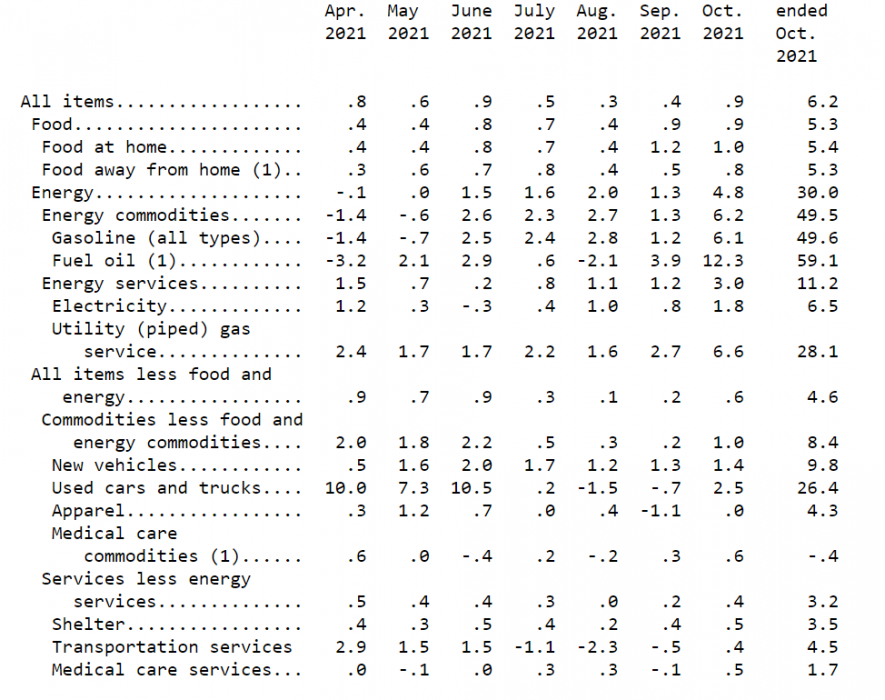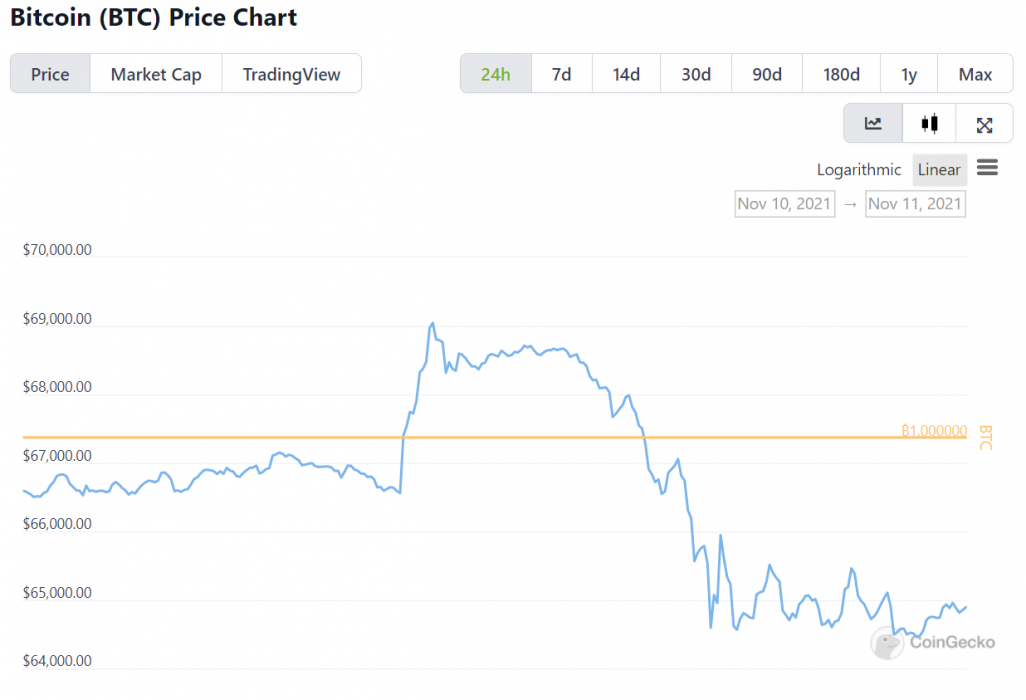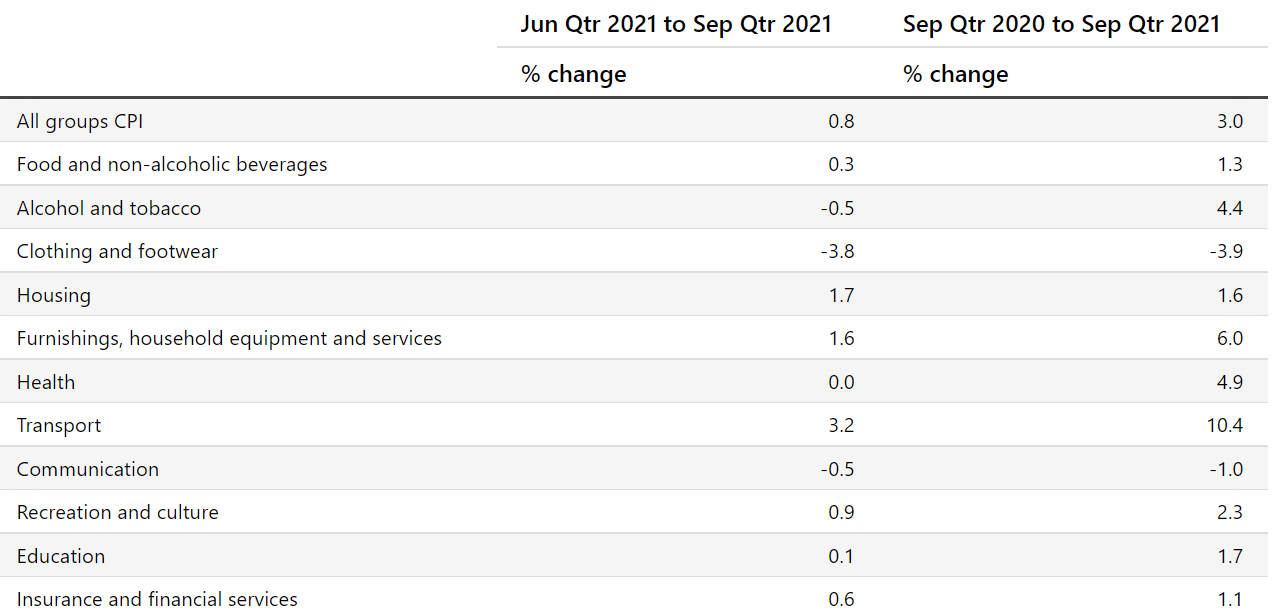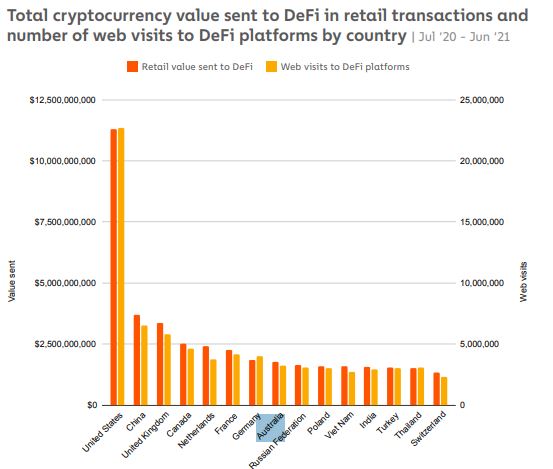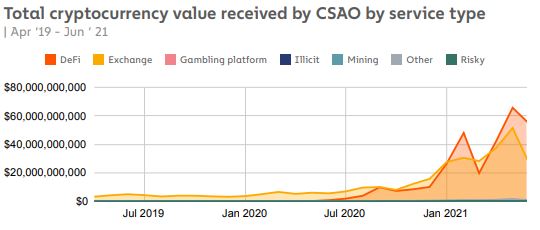Dr Tony Richards, the soon-to-retire head of payments policy at the Reserve Bank of Australia (RBA), has warned local investors they should be wary of speculating on digital currencies as regulation and CBDC development could threaten the crypto market.
Richards stated in his November 18 speech to the Australian Corporate Treasury Association that one of the topics that “generated the most discussion, conversation and debate in the nearly 10 years” of his time at the RBA was “the emergence of distributed ledger technology, cryptocurrencies and stablecoins, and the prospective emergence of central bank digital currencies”.
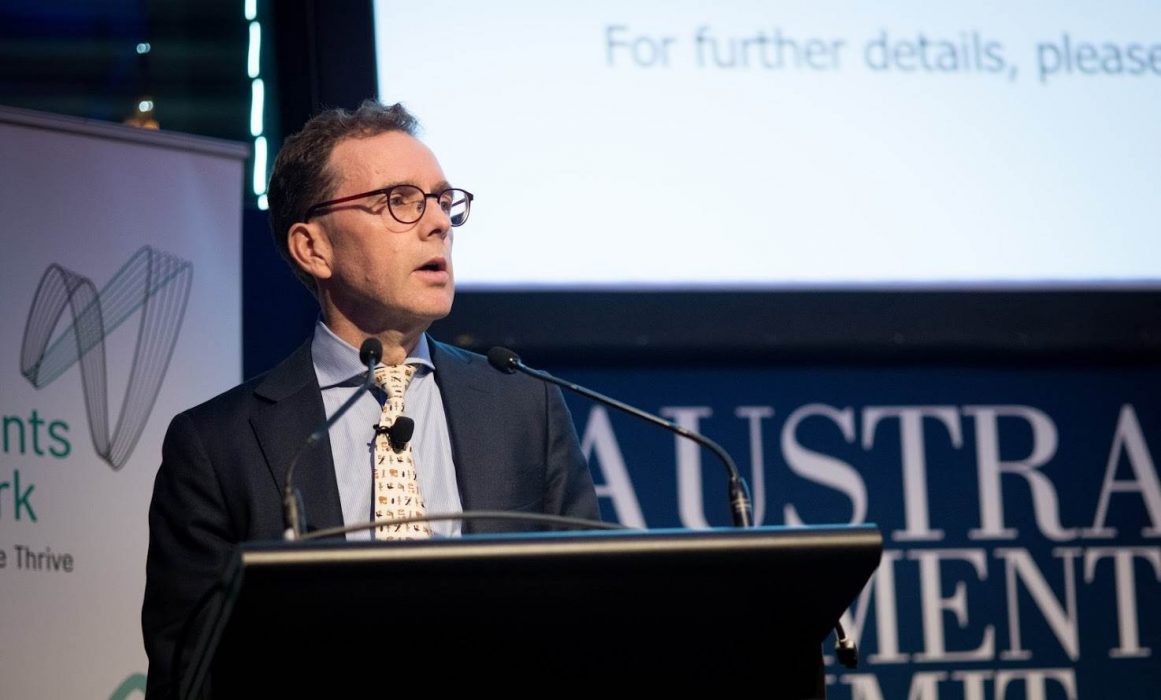
The Same Ol’ Strawmen
Richards warned of excessive hype around crypto, citing instances like Dogecoin “that was started as a joke in late 2013 [and] had an implied market capitalisation as high as US$88 billion in June this year”, fuelled mainly by “influencers and celebrity tweets”. The RBA has previously also discussed the risk of meme coins and DeFi in monetary policy meetings.
The RBA has signalled that if a regulatory crackdown should occur, thousands of private currencies that have emerged on the back of the soaring bitcoin price would become unnecessary. It has also targeted Proof-of-Work’s energy consumption and how crypto facilitates financial crimes and illegal activities such as ransom demands.
Additionally, after COP26, Richards warned: “The very high use of energy involved in mining proof-of-work cryptocurrencies could attract greater attention from governments and policymakers.” The combined energy use for the Bitcoin and Ethereum networks was estimated to be similar to that of the world’s 13th-largest economy, he said.
However, Jon Deane, chief executive officer of Trovio, a digital asset infrastructure adviser and asset manager, disputed Richards’ comments on crypto’s environmental impact, saying that 57 percent of bitcoin mining uses renewable energy sources.
Regulation Could Reduce Crypto to “Only Niche Use Cases”
“If there were to be global policy action to deal with some particular concerns about the use of cryptocurrencies, plus the arrival of new stablecoins and CBDCs, that could safely meet the needs of a wide range of users, existing cryptocurrencies might then have only niche use cases, at best,” Richards said, adding that “much of the official sector globally remains sceptical of developments in the cryptocurrency market”.
Reaction from the crypto community was swift and predictable:
Steve Vallas, chief executive of Blockchain Australia, retorted that “it continues to be our experience that hawkish views about cryptocurrency are driven by entrenched narratives around bad actors and financial crime, narratives that are not supported by the data”.
Could CBDCs Undermine the Use of Crypto?
Richards is of the opinion that the rise of crypto is not yet an issue threatening financial stability, but the RBA expects global central banks to move to assert control over digital finance and respond to the growth of bitcoin and other coins by issuing CBDCs.
He believes CBDCs “would be denominated in fiat currencies, be safer than existing stablecoins, and would likely have faster, safer and more efficient transaction verification mechanisms than most cryptocurrencies”, and would likely be “viewed as superior instruments for the settlement of transactions in tokenised assets on distributed ledgers”.
But according to Deane, “People buy bitcoin to move away from the devaluation of fiat currencies by central banks to a finite resource that acts as both a store of value and ultimate settlement layer”.
Dr Richards concluded that banks would continue to work with the private sector and international counterparts to ensure they stay abreast of innovations in the payments system, with the RBA even hiring CBDC researchers. There is significant work still to be done with the other financial regulators and the parliament to ensure that Australia has a fit-for-purpose regulatory framework for digital assets.










